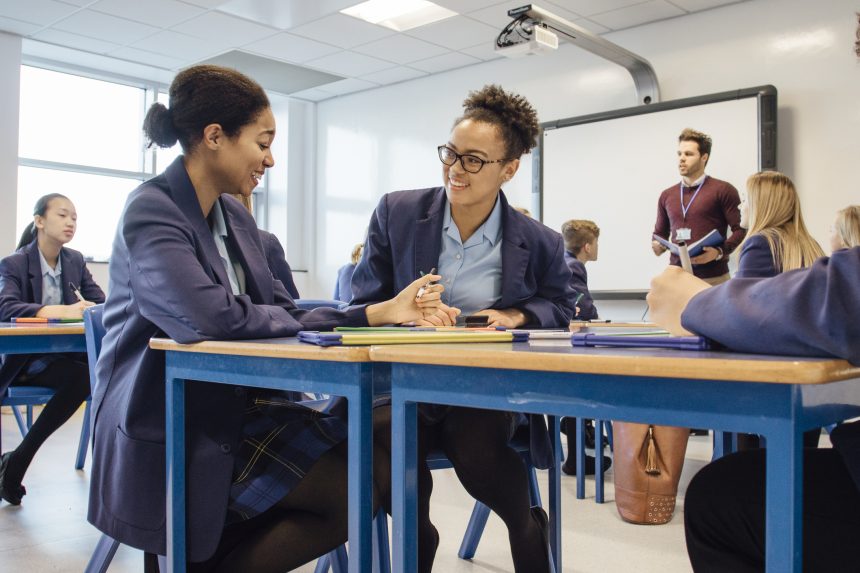Contents:
Retrieval practice is an important part of the cognitive science of learning. It involves using strategies to allow core knowledge to be transferred from working memory to long-term memory, enabling easy access through recall and application.
When planning lessons, providing pupils with the opportunity to retrieve and apply knowledge – both regular and low-stakes – is essential. Why low-stakes? Through a range of formative assessment strategies, pupils are given the opportunity to make mistakes and receive feedback, without impacting their outcomes in summative assessments. This article is a quick overview of the strategies I use on a weekly and even daily basis.
1. Do Now retrieval task
Every lesson starts with a Do Now retrieval task. Pupils complete this independently and in silence. These tasks are rich in variety, drawing inspiration from Kate Jones’ education book series on retrieval practice.
- A series of six questions – Three from the current topic, two from a previous topic, one any time (usually an important definition).
- Picture prompts – These work great for embedding case study knowledge, for example, the primary effects of a hazard where pupils have to recall facts linked to the picture.
- Find it-Fix it – A series of statements, each with an incorrect element which pupils are asked to correct.
- Multiple choice questions – It is important that these are balanced and not too easy to ensure that pupils are still thinking hard. It is recommended to have plausible distractors.
While pupils are completing these, I circulate the room to check for any common errors. I then decide whether to address these errors through a reteach or not.

2. Monitoring pupil progress in lessons
During lessons, it is important to check the knowledge and understanding of pupils. I use A-D, True/False cards and mini-whiteboards at different stages throughout each lesson.
For example, I have just taught a lesson on the geology of the UK. This is fairly content-heavy with key terms and facts. Before moving on to the influence of glaciation and climate, I need to assess progress so far. I ask a series of quick questions, counting ‘3-2-1 Show Me’ so all pupils present their answers at the same time. At this stage, I can check for any common misconceptions and correct or reteach if necessary. I am looking for a high success rate with a high means of participation.
3. Exam questions
Once a week, GCSE pupils are given an exam question, which they complete as an exit ticket – a focus has been on fulfilling the success criteria of “Explain” three-mark exam-style questions. Pupils complete this as a closed-book activity based on prior knowledge. These are then marked and pupils are given whole class feedback.
4. Cornell note-taking
At GCSE, pupils are also encouraged to use the Cornell method of note-taking, and I model this method when constructing my own notes under the visualiser. The most important part is the summary section at the bottom of the page. Every 2-3 weeks, pupils produce a bullet point list or succinct sentences on their prior learning.
This aims to close the knowledge gap and ensure work in exercise books is being revisited and used effectively, reducing the likelihood of forgetting, as displayed on Ebbinghaus’ Forgetting Curve.

5. Tarsia puzzles
In recent revision sessions, I have used Tarsia matching activities, where the pieces fit together to ultimately form a shape with only one solution. This strategy works best when pupils are working in pairs. Students articulate their reasoning by justifying which piece goes where and why. Pupils have a sense of achievement when they have completed the puzzle and can make a note of the key terms they found more challenging.
6. Self-quizzing
A final strategy is developing pupils’ ability to self-quiz. Pupils use their notes or knowledge organisers to create a series of retrieval questions. They then attempt to answer these questions without looking back at their notes. Pupils then check their answers, making corrections and adding to them to ensure they are fully accurate.
In summary, by using purposeful retrieval practices such as Do Now tasks and self-quizzing, you can create engaging lessons that boost understanding and help students retain knowledge effectively.








Comments